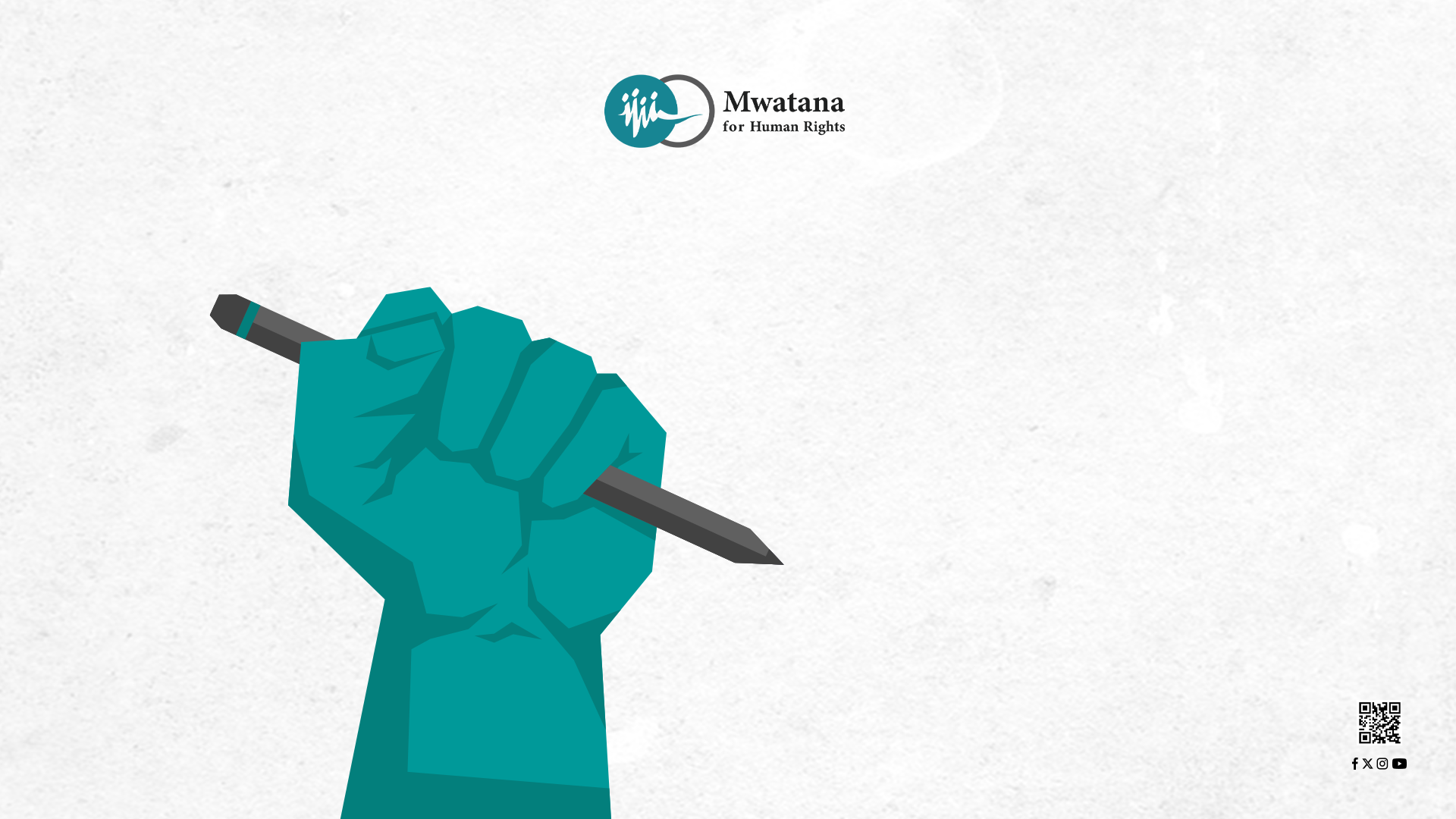
Mwatana Calls for Revealing Facts Related to Atrocious Violations

In a statement issued today to mark the International Day for the Right to the Truth concerning Gross Human Rights Violations and the Dignity of Victims—observed annually on March 24—Mwatana for Human Rights stated that thousands of Yemeni families continue to endure harrowing fear and anxiety over the fate of their loved ones who have been forcibly disappeared, arbitrarily detained, or gone missing, as well as victims of torture, extrajudicial killings, and other grave violations of international human rights and humanitarian law. These violations have been systematically committed by various parties to the conflict in Yemen, whether during the ongoing war or in previous cycles of conflict, amid complete disregard and blatant indifference to the suffering of victims’ families and the immense challenges and losses they face in their exhausting attempts to uncover the truth about the fate of their loved ones, their conditions, and the circumstances surrounding their ordeals.
Mwatana stressed that victims and their families have an inalienable and non-expiring right to the full truth regarding gross and serious human rights violations, including knowledge of the circumstances under which these violations occurred, their causes, and those responsible for them. It is the legal, national, ethical, and humanitarian duty of all relevant parties to enable victims and their families to exercise this right, ensuring the protection of their fundamental rights through impartial and effective investigations. These investigations form the basis for holding perpetrators accountable, securing justice for victims, and providing redress for the harm they have suffered.
Mwatana further stated that it has documented thousands of blatant and grave violations of international human rights and humanitarian law over more than a decade of conflict, during which various warring parties—including the Saudi/UAE-led coalition, the Ansar Allah (Houthi) group, the internationally recognized government, the Southern Transitional Council, and the Joint Forces—have committed numerous horrific violations against civilians. These abuses have persisted in the absence of accountability, reinforcing a systematic policy of impunity. The warring parties have shirked their legal and humanitarian obligations to protect civilians and uphold their rights and dignity, while failing to fulfill their responsibilities toward civilian victims and their families.
Radhya Al-Mutawakel, Chairperson of Mwatana for Human Rights, stated, "Thousands of families of victims are trapped in endless uncertainty, plagued by unanswered questions and constant worry over the fate of their loved ones, while the warring parties remain indifferent to their ongoing suffering." She added, "Transparent investigations into gross violations, the collection and preservation of related evidence, and the establishment of an independent human rights memory are fundamental guarantees for realizing the right to the truth, achieving justice for victims, and providing redress for the harm they have suffered."
Al-Mutawakel continued, "Revealing the truth about violations and breaches of international human rights and humanitarian law—along with their circumstances, causes, and perpetrators—is not only crucial for alleviating the suffering of victims’ families by providing them with answers about their loved ones' fate and putting an end to their anguish. It is also the only way to prevent the recurrence of such violations in the future, ensure real and effective justice for victims and their families, foster social cohesion, and establish lasting peace."
Mwatana for Human Rights called on all parties to the conflict in Yemen to take immediate steps to disclose the fate of forcibly disappeared and missing persons, release arbitrarily detained individuals without delay, cease the practice of torture and other forms of inhuman, cruel, and degrading treatment or punishment, and uphold the principles of international human rights and humanitarian law. The organization further urged the warring parties to conduct transparent investigations into grave violations, hold perpetrators accountable, and ensure justice for victims.
Finally, Mwatana reaffirmed that growing challenges, risks, and threats will not deter it from continuing its efforts to build an accurate historical record of human rights violations. By documenting abuses committed by all parties to the conflict across Yemen and uncovering the facts and circumstances surrounding these violations, Mwatana seeks to contribute to curbing future violations, preventing their recurrence, holding perpetrators accountable, securing justice and redress for victims, achieving genuine transitional justice, and laying the foundation for comprehensive and sustainable peace.